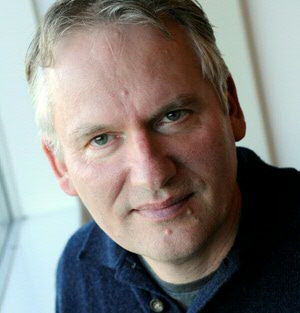Delta Plan for Restoring Biodiversity first step towards new equilibrium
A group of 18 leaders from the agriculture & horticulture sector, retail industry, agri-industry and nature & environmental organizations have joined forces in the name of academia. They are working together on a Delta Plan for Restoring Biodiversity in the Netherlands’ green spaces. The plan will be completed by the summer of 2018. This agreement has been laid down in the Driebergen declaration . The parties will now present their declaration to the Minister of Agriculture, Carola Schouten.

The initiators of this consultation were Professor of Ecology Han Olff (UG-Gelifes) and the board of the Netherlands Ecological Research Network (NERN). The document entitled Delta Plan for Restoring Biodiversity , drawn up by Olff and fellow-scientists, served as the basis. There is strong evidence to suggest that various species of animals and plants from rural areas of the Netherlands are under pressure and steadily waning. This applies to flowers, insects and field and meadow birds. Concerns also exist about soil life, a life form that we cannot see, but which is crucial to the growth and decomposition of plants and organic matter. These negative trends are taking place in agricultural areas as well as in areas of natural beauty, and apply to the numbers of species as well as the biodiversity of plants and animals. Only last month, Prof. Olff wrote an opinion piece about the dramatic decline among insects and the need for change in agriculture.
Natural assets
The parties that signed the declaration see the present state of biodiversity as a threat to the Netherlands’ natural assets, to healthy soil as a basis for sustainable agriculture and nature and to consumer confidence in products from the Dutch agrifood chain. There is an urgent need for a new strategy, which should preferably be implemented in collaboration, and offer parties rewards for acting in a way that upholds biodiversity. The signatories will develop the finer details of the plan during the months to come, working in collaboration with researchers from various universities including Groningen, Wageningen and Leiden, and a large group of other interested parties.
More news
-
29 January 2026
Microplastic research - media hype or real danger?
-
27 January 2026
ERC Proof of Concept grant for Maria Loi
